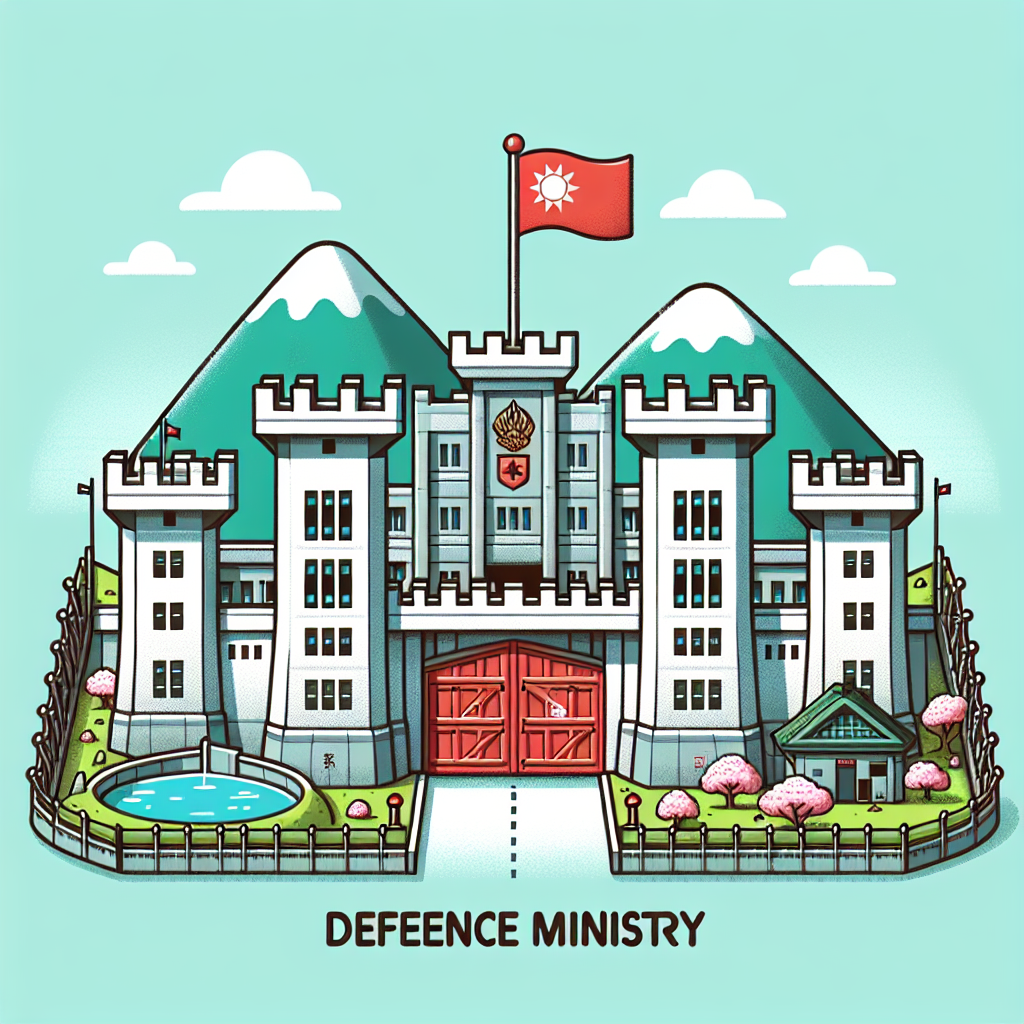China's Military Drills: A Standoff with Taiwan Independence
China conducted large-scale military drills around Taiwan as a stern warning against the island's independence. The exercises were a reaction to Taiwanese President Lai Ching-te's refusal to recognize Taiwan as part of China. Taiwan's Defense Ministry called the drills provocative, prepared to respond.

- Country:
- Taiwan
China escalated tensions with Taiwan on Monday by conducting large-scale military exercises around the island, which Beijing deemed a stern warning against Taiwanese independence. These maneuvers were framed as a direct reaction to President Lai Ching-te's steadfast refusal to comply with Beijing's demands to acknowledge Taiwan as part of the People's Republic of China, governed by the Communist Party.
Taiwan's Defense Ministry categorized the drills as provocative and affirmed the readiness of its forces to respond as necessary. According to Navy Senior Captain Li Xi, spokesperson for the PLA's Eastern Theater Command, the exercises involved various branches including the navy, army air force, and missile corps. "This is a major warning to those who support Taiwan independence and a manifestation of our resolve to safeguard national sovereignty," Li conveyed via the military's public media channel.
Taiwan has a complex history, having been a Japanese colony before becoming unified with China post-World War II, then splitting away in 1949 as Chiang Kai-shek's Nationalists retreated from Mao Zedong's Communists. President Lai, who assumed office in May, is continuing the Democratic Progressive Party's long-standing policy of rejecting China's claim over Taiwan. China consistently asserts that Taiwan independence is a' dead end' and views annexation by Beijing as an historical certainty.
(With inputs from agencies.)
ALSO READ
Tragic Plane Crash at Wright Brothers Memorial Airport Claims Lives
Messi's Magic Leads Inter Miami to MLS Playoff Brinks
Five security personnel injured as pressure IED planted by Naxalites explodes in Chhattisgarh's Bijapur district: Police.
Lord Swraj Paul's Caparo Group Expands with New US Steel Plant
Reducing Plastic Footprints: World Bank’s Vision for a Greener Tourism Sector in Sierra Leone










